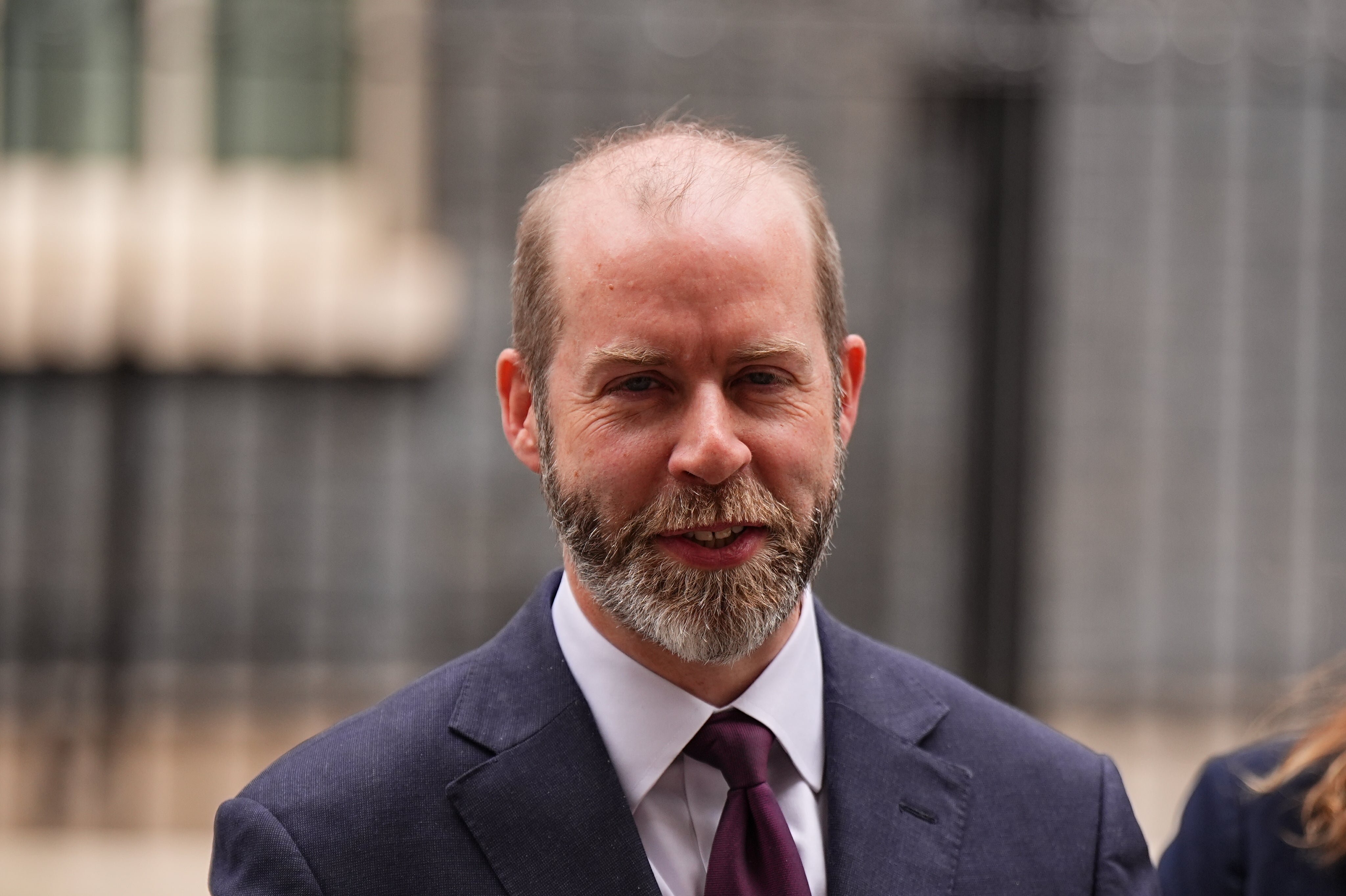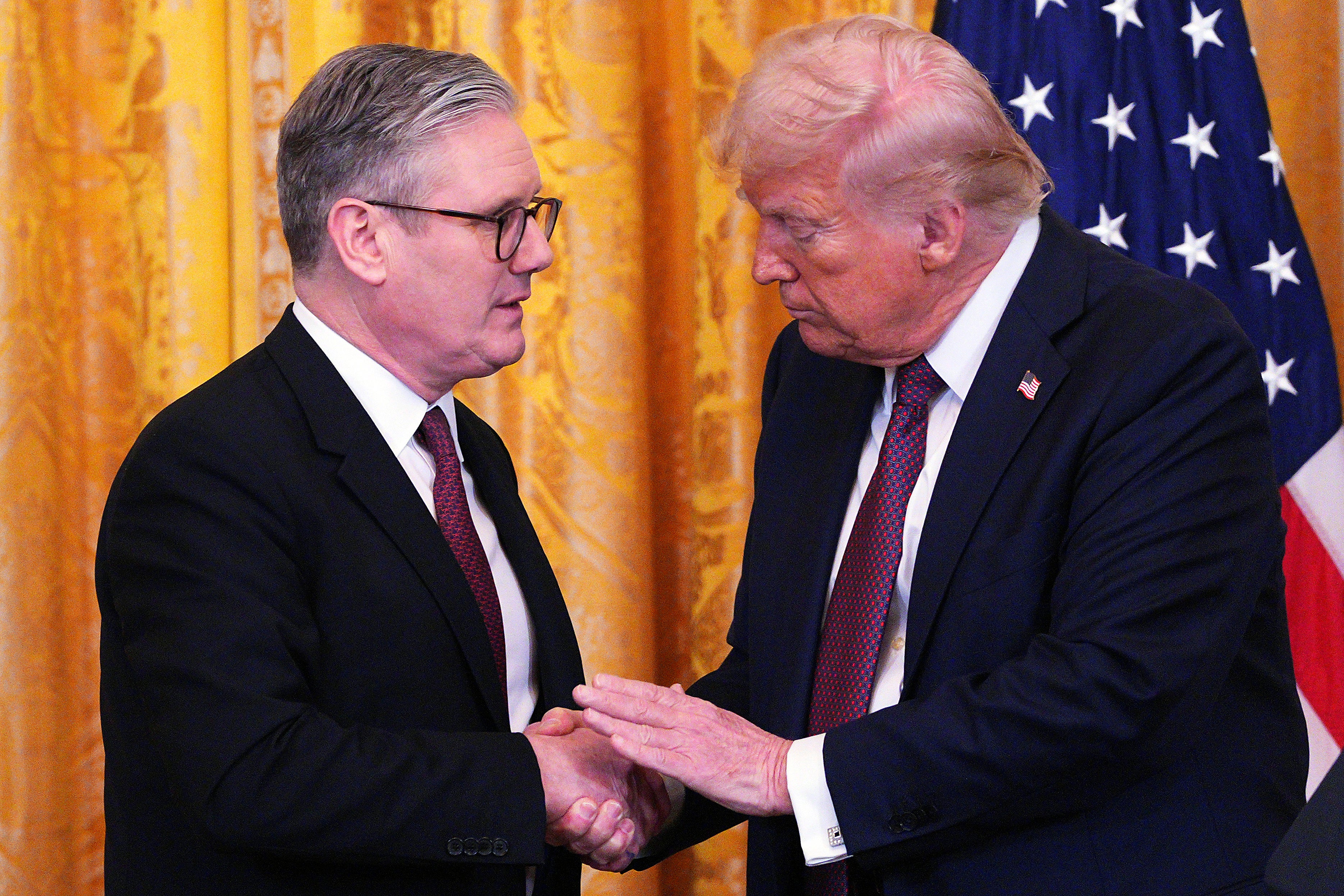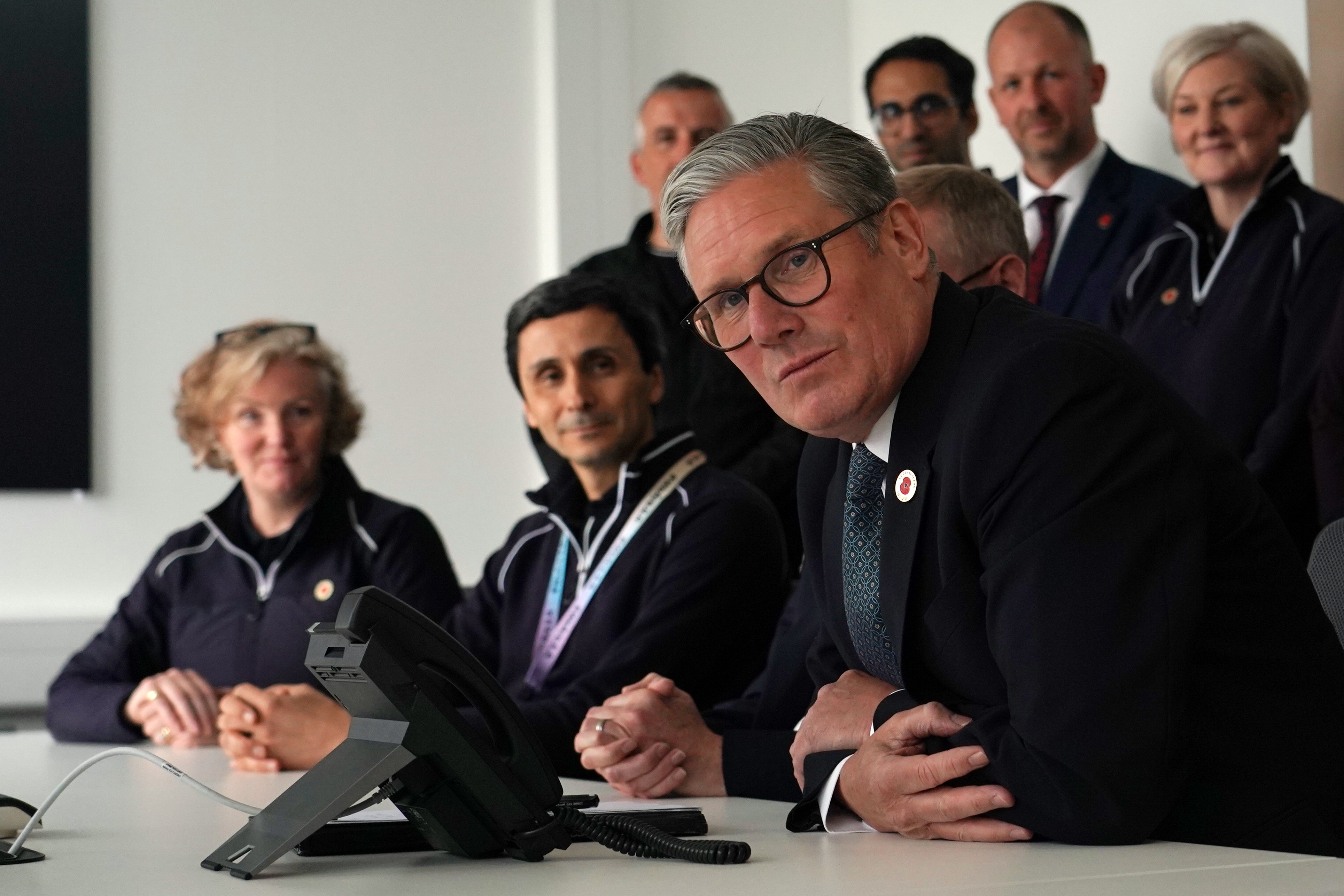A senior Government minister has said that the UK-US trade deal was urgently needed to protect as many as 150,000 livelihoods, and will be “really good for Britain.”
The deal removes tariffs on UK steel and aluminium imports to the US, and cuts the levy on cars from 27.5 per cent to 10 per cent, offering British luxury carmakers like Jaguar Land Rover a reprieve.
Business Secretary Jonathan Reynolds indicated on Thursday night that thousands of people were perhaps “days” away from losing their jobs without the deal.
Asked by BBC Breakfast on Friday if agreeing the deal was urgent, Treasury minister Mr Jones said: “Yes. Yes, it was.”
Pressed if this was because of the threat of job losses, Mr Jones added: “Of course, which is why it was so important that we’ve got the deal over the line.”

The minister also brushed aside suggestions the UK is no better off than before Mr Trump’s tariffs were first introduced.
He told the BBC: “If I could rather be in a world where there were no tariffs, of course I would. But that’s just not the world that exists. So it’s not really an option on the table. The option on the table is to have not signed a trade deal with the United States and had higher tariffs, or to have signed a trade deal with the United States and had lower tariffs.
“We’ve signed that trade deal. We’ve got lower tariffs in critical manufacturing sectors in the UK. 150,000 people’s livelihoods that we’ve protected as a consequence of that trade deal.
“That is, by definition, factually better off as a consequence of the action that this Government is taking to stand up for working people across the UK.”
Mr Jones later elaborated on BBC Radio 4’s Today programme, signalling the 150,000 figure included the families of those whose jobs may be impacted in the car, steel and aluminium sectors.
Mr Reynolds told Newsnight “we were at risk of thousands of people losing their jobs” without an agreement, adding this could have happened within “days”.
The deal was confirmed in a conversation between Sir Keir Starmer and US President Mr Trump that was broadcast live on both sides of the Atlantic on Thursday afternoon, coinciding with VE Day.
While car and steel makers have been offered a stay of execution by the deal, a blanket 10% tariff imposed on imports of most goods by Mr Trump as part of his sweeping “liberation day” announcement remains in place, but talks are ongoing in a UK effort to ease it.
Plane engines and other aeroplane parts are excluded from trade tariffs as part of the deal, and British Airways’s parent company has already bought 32 new Boeing planes from the US, following the agreement.
Gareth Stace, director general of UK Steel, said the exact details of the deal for the industry had not yet been revealed, including when it comes into force and which steel producers will be included.
He told Times Radio: “There may be issues around ownership, around where the steel is made, and until we see those details we don’t know whether this heavy burden will be lifted from us.”

New reciprocal trade arrangements for agriculture have also been agreed, which will allow new access for American beef into the UK market.
Ministers have however insisted there will be no downgrade in British food standards as a result of importing US meat.
Neil Shand, chief executive of the National Beef Association, said the deal will create market growth with 13,000 tonnes of US and British beef being exported to either country.
But he added it is likely the US-imported beef will be used in the services industry instead of being sold on supermarket shelves, as leading retailers “are not going to break rank” on British beef agreements.
The general terms of the deal were published late on Thursday, and stated the UK and the US are “beginning negotiations” to “develop and formalise the proposals” that have been made.
It also suggested either country could “terminate” the “arrangement” in the future with written notice, and it could be further altered in the future at the request of either side.
The UK’s digital services tax, which mainly applies to US tech companies, was not revised as part of the deal as had been speculated.

The deal also does not include any concessions on the Online Safety Act or the NHS, the Business Secretary insisted.
In future, the UK will have “preferential treatment” when it comes to pharmaceuticals, as Mr Trump considers import taxes on drugs and medicines.
Shadow business secretary Andrew Griffith said the benefits the deal offers are “still very unclear” in many areas, after Conservative leader Kemi Badenoch claimed the UK had been “shafted” in the agreement.
Senior Tory Mr Griffith told BBC Radio 4’s Today programme: “There’s some good elements to yesterday’s deal – I think the car industry and steel industry will welcome at least the reduction. But overall, it’s quite disappointing.
“It’s still very unclear what happens to pharmaceuticals, a really big UK industry, there’s nothing on film and TV, and yet (at) the start of the week, the Government was talking about 100% tariffs on that.”




